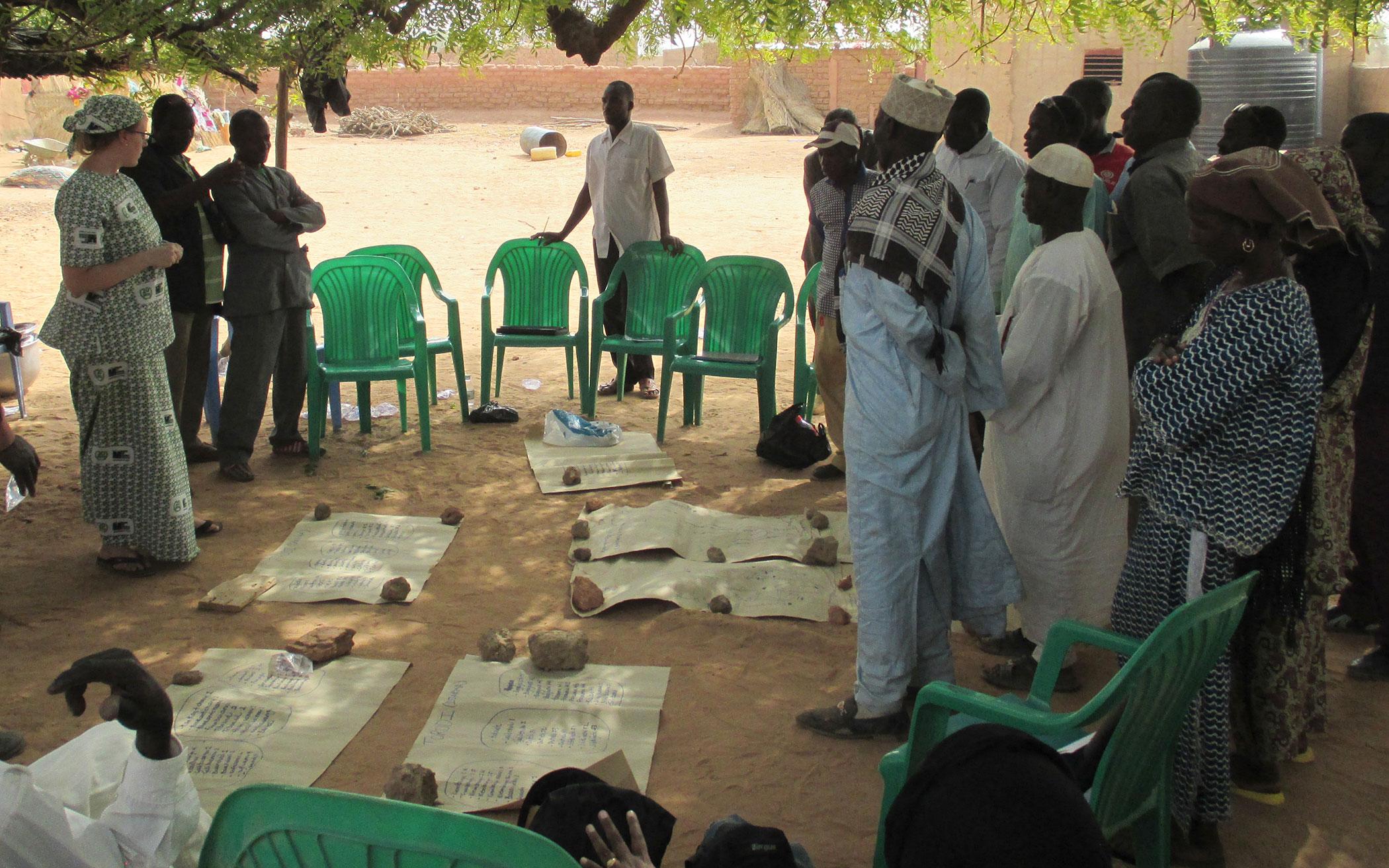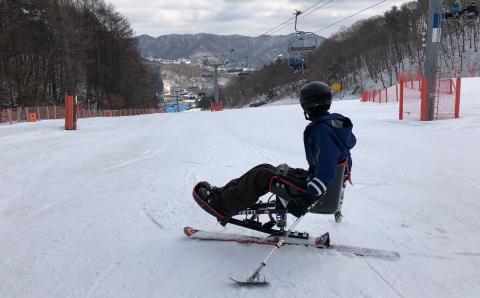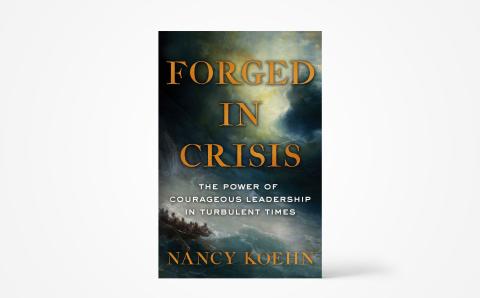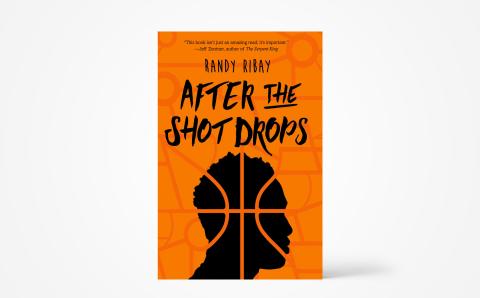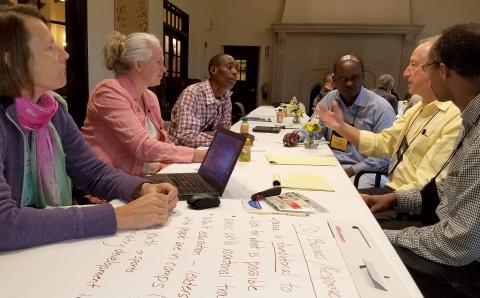One day, Moussa got on his bike and rode down a path. When he neared some bushes, several bandits jumped out and blocked his path. They stole his money and bicycle. “I worked hard for the money and bike,” he said. “Now it is gone. There’s nothing I can do.”
The scene above comes from a skit performed by members in a West African community troubled by the problem of theft in their area.
The scene ended with Halima, played by one of the participants, spreading encouragement in light of the situation: “I know it is so troubling what is happening with the increased banditry in our area. We must continue to keep praying to God for safety, but also wisdom and courage to act together. If we join forces, there must be something that we can do to fight against it.”
But sometimes it can be hard to feel God’s protection.
Caleb experienced this directly when armed bandits entered his home, calling him by name and holding his family at gunpoint while they searched for money.
Traumatized by the situation, Caleb could hardly function. He lived in fear and shame, continually asking himself how people who knew him by name could do this. “I resolved never to forgive them,” he admitted.
Because trauma and anger are problems that paralyze many people in West Africa, World Renew funds workshops using the curriculum of the Trauma Healing Institute to help people address unresolved trauma resulting from situations like Caleb’s.
Full of unforgiveness, Caleb attended the workshop and experienced a transformation: “I realized that what I was feeling was completely normal. The road to healing is long, but now at least I know where to start!”
In addition to workshops such as the one Caleb attended, World Renew and its partner organization SEL invited representatives from nearby villages to figure out what they could do as a community to address the increasing theft in the area.
By learning to forgive and tackle these underlying forces, the cycles of violence could stop.
Participants were asked which character from the skit they felt more like: Moussa or Halima.
Before the gathering, the community members all said they felt more like Moussa, discouraged and hopeless. Afterward everyone said they felt more like Halima, empowered by knowing there is something they could do. Together they made a plan to mobilize a “community watch.” One year later, after taking this collective action, the village reported that theft has decreased.
About the Author
Allison Todd, World Renew

